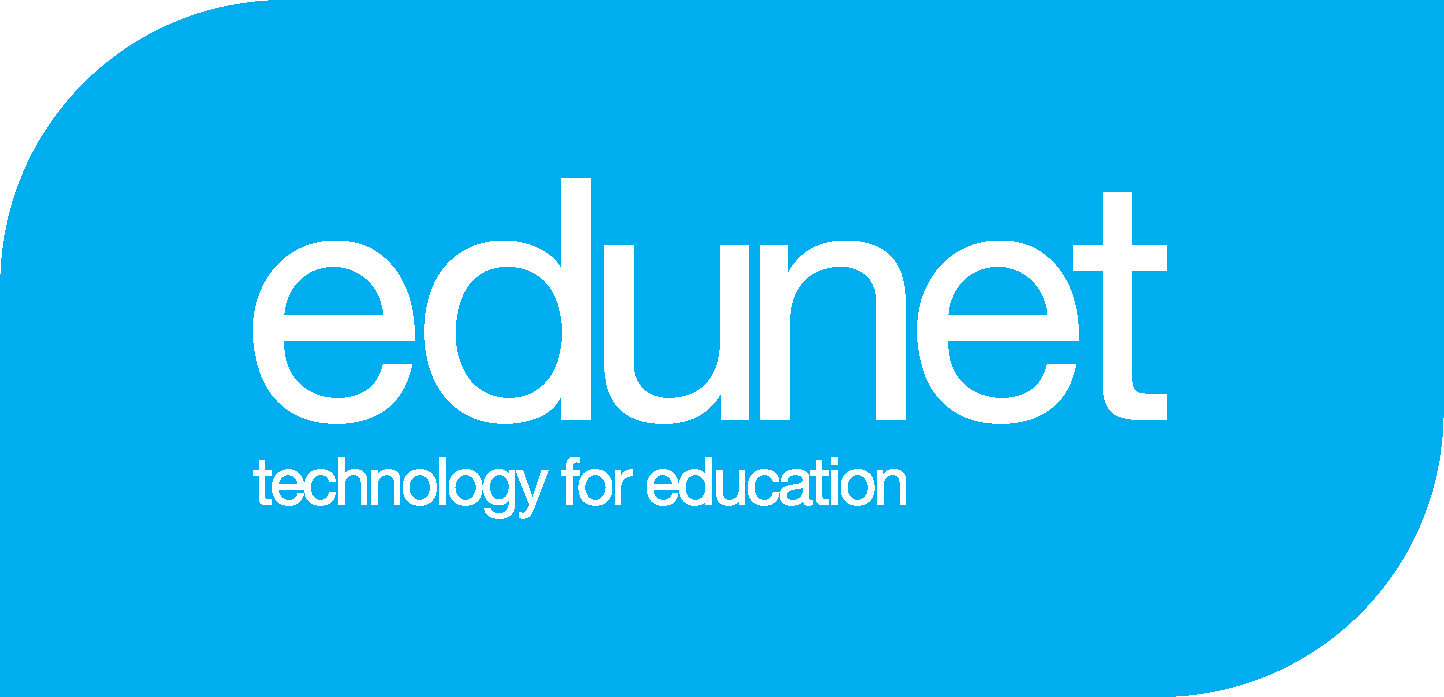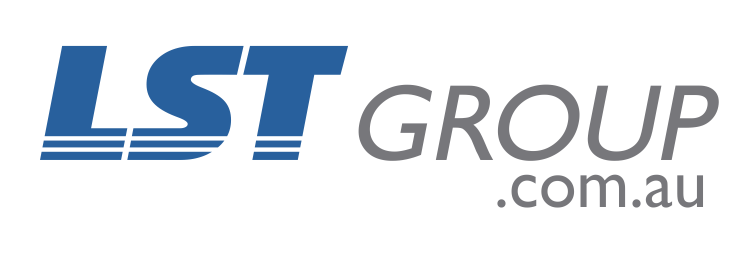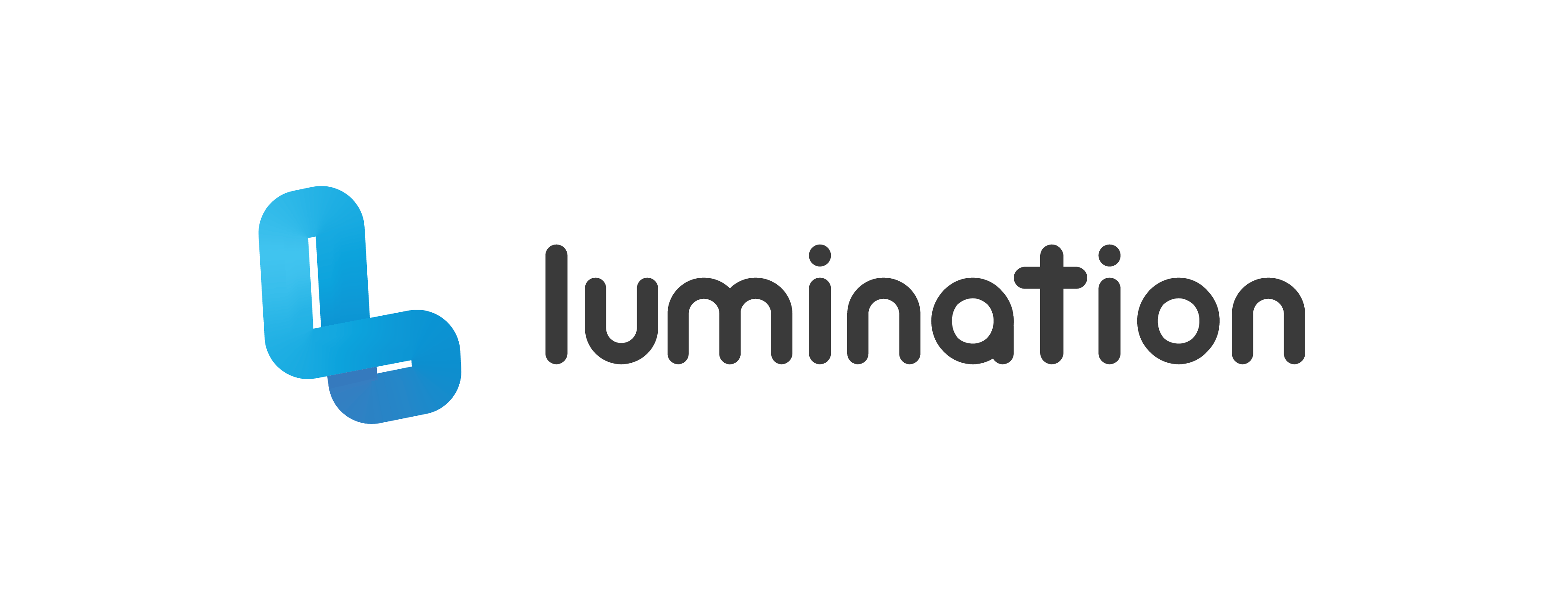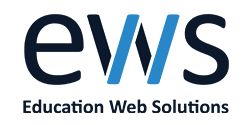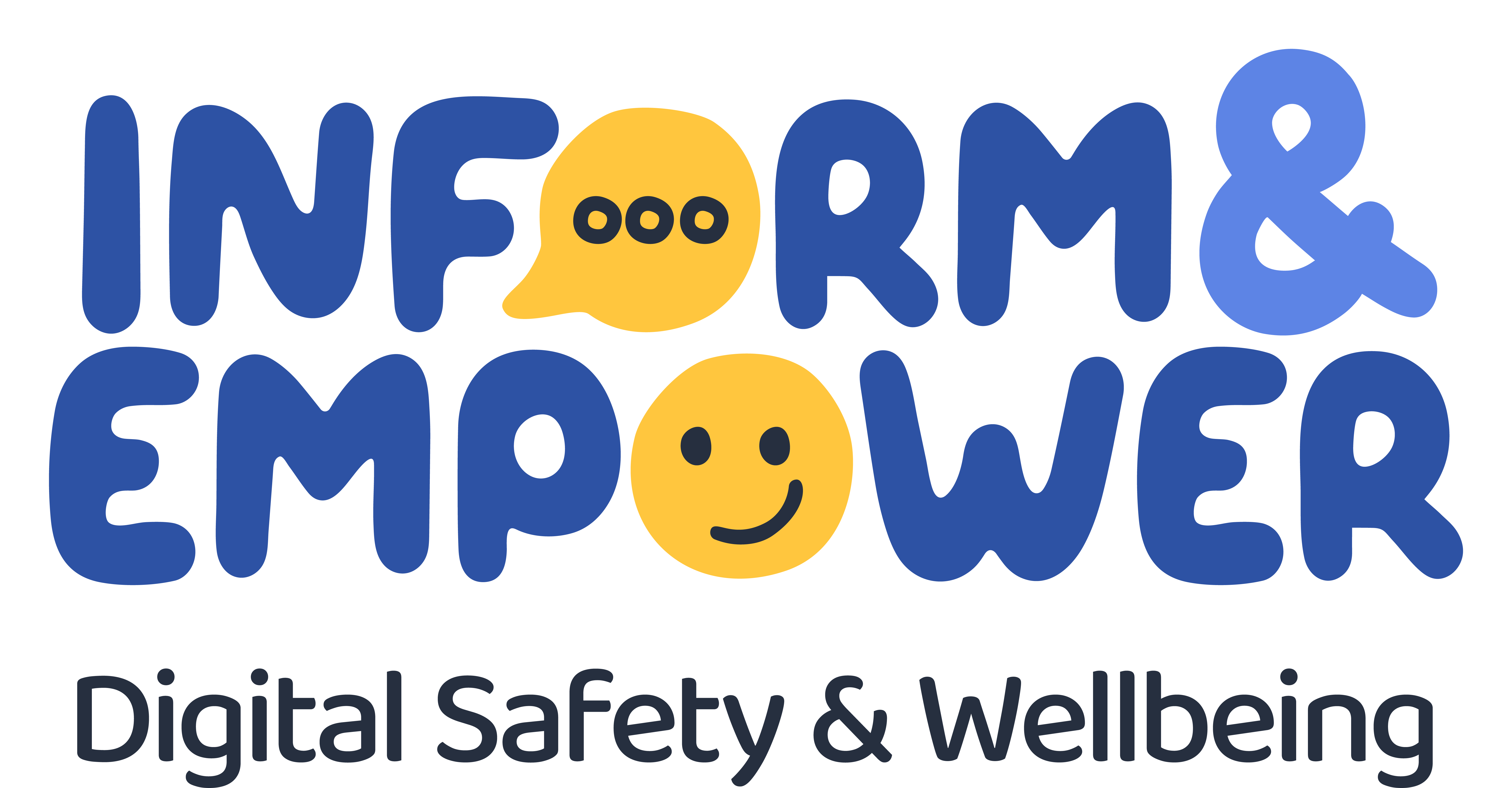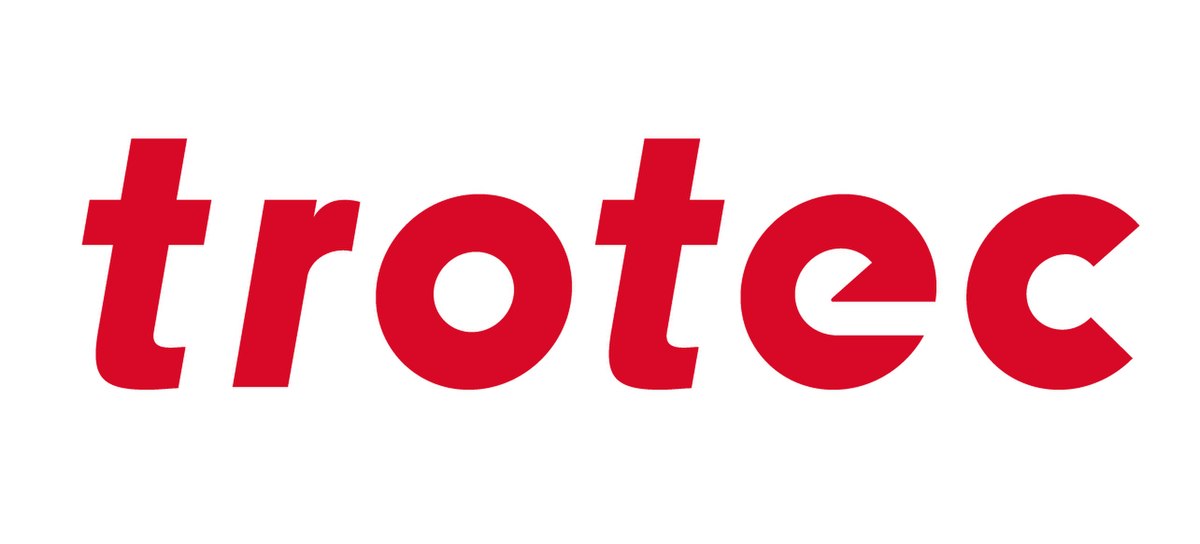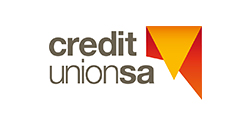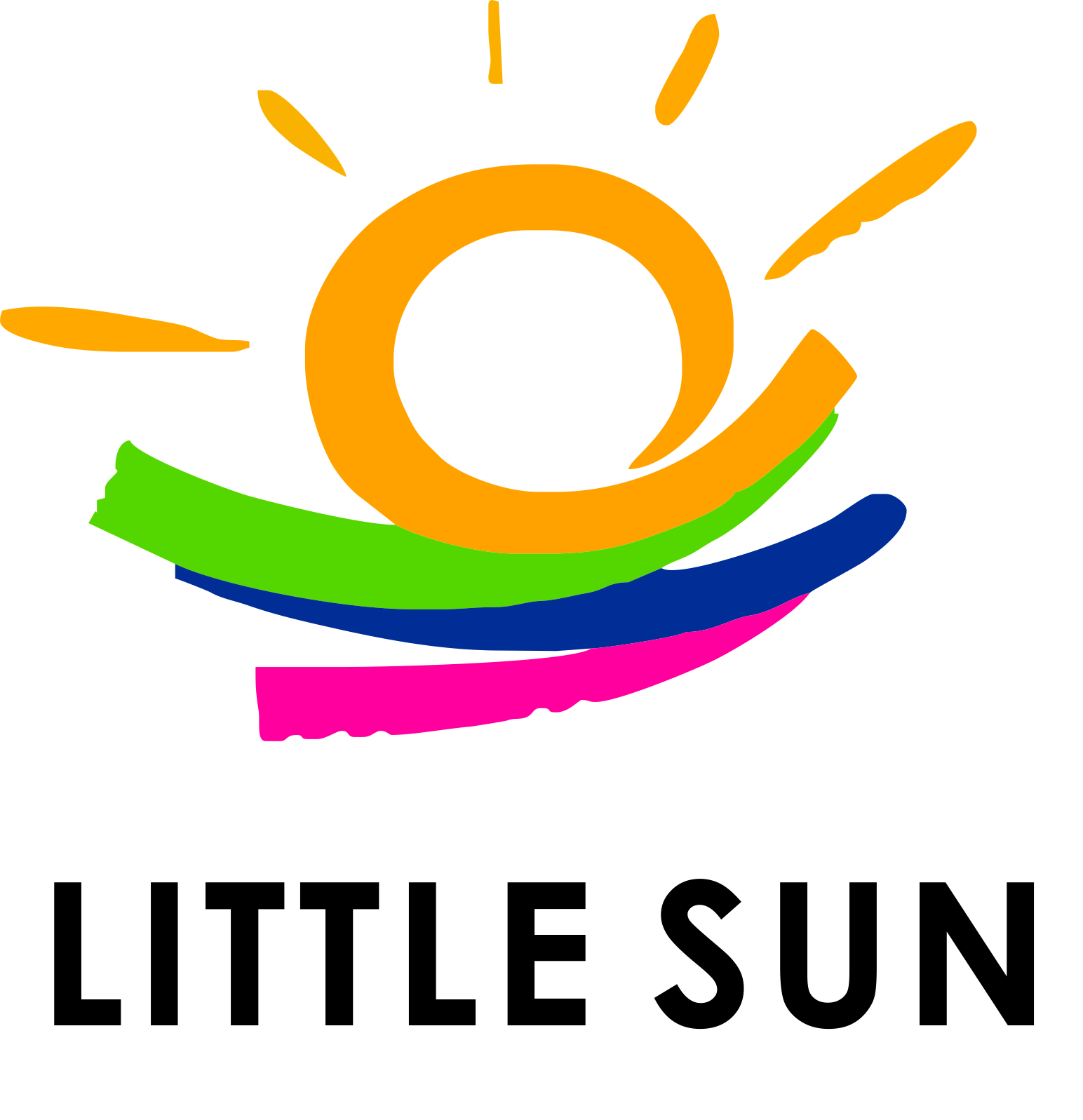
re-BootED State Conference 2023, hosted by EdTechSA!
The conference theme, re-BootED, reflected our commitment to supporting educators using technology to enhance student outcomes in all learning areas.
On July 11th & 12th we gathered at Immanuel College to explore the latest trends, techniques, and tools in educational technology. Our conference offered the unique opportunity for R-12 teachers, tertiary educators, and school leaders to collaborate, network, and share their experiences and best practices.
We had an amazing two days of professional development, inspiring keynote speeches, engaging workshops, and thought-provoking discussions.
Thank you to everyone who attended, including members, guests, speakers, exhibitors, sponsors and supporters.

Workshop Sessions
Day 1, Tuesday 11th July 2023
Session 1, 11.15am – 12.45pm
11.15am - 12.45pm Steven Knipe and Jacqui Knipe: Digital Technologies Units of Work Years 3-10 – working with them to enhance your teaching Room: A13
With the Technologies units of work from DfE now ready to go, it offers an opportunity to get enthused about your teaching again. This workshop offers participants an opportunity to reflect on what they currently teach and look at the new units of work. This session provides participants an opportunity to dive deeply into one or more units of work, to explore the sequenced learning, assessment, general capabilities and much more that can be found in the units.
What to bring : Bring a device that can access the resources at https://www.plink.sa.edu.au/
Bio:
Steven is the Curriculum Manager: 7 to 10 Technologies for the Department for Education, South Australia. He has been in this role since the Curriculum Developments Team’s creation in 2020 and has led the development of the department’s curriculum resources for years 7 to 10 in the areas of Digital Technologies and Design & Technologies. Prior to taking on the position he held a number of Technology leadership positions across a range of schools.
11.15am - 11.45am Colleen O’Rourke: Primary Science & Technology Integration in Nature Space Education Room A11
This workshop aims to equip primary school teachers with the skills and knowledge to integrate technology into their outdoor learning programs, with a strong cross-curricular focus on biological science and digital technologies. This program is designed to provide teachers with innovative curriculum design, assessment strategies, and project-based learning opportunities that connect biological science concepts with digital technologies and outdoor learning.
Support teacher’s abilities to integrate technology in instruction across the curriculum with a strong cross-curricular focus on biological science and digital technologies in Nature Space Education.
CANCELLED - 11.15am - 11.45am Melissa O’Loughlin: Expanding Educational Horizons: Harnessing the Power of Virtual Reality in Learning Room: A12
Various VR systems have been tested at Gleeson College, allowing students to participate in virtual field trips using 360-degree videos. These virtual incursions promote exploration of different parts of the world and historical events as if they were there. Linking classroom experiences to future careers has been a theme, and shifting students from being consumers of technology to creators will be discussed.
Tags: Middle Years (7-9)
Digital Technologies
11.15am - 11.45am Peter Merrick: Getting the best from Interactive Screens Room A14
New tech in the classroom often means learning new software and hardware. This is frustrating and time-consuming. Teachers already have many useful applications and resources, such as MS Whiteboard, Google’s Jamboard, the MS Office suite and the Edge browser. These applications can help teachers make the most of ANY interactive whiteboard. Technology Core helps teachers use the software and resources they already have with their interactive screen. This makes learning easier and lets teachers focus on teaching with the tech.
Bio
Peter comes from a strong background in IT operations and technical management in various telecommunications, emergency management and freeway management projects. Looking for another challenge, he became a teacher and has worked in Victorian primary schools utilising tech to keep his students engaged and improve their educational outcomes. Peter is well versed in the Microsoft and Google suite of applications and brings a vast range of knowledge into how to get the best from these in a classroom or office with the HDi Interactive Screens.
11.15am - 12.45pm Dr Rebecca Vivian & Dr Caty Morris: Step into VR: Design challenges using First Nations Australian STEM knowledge Room A16
First Nations Australians have been weaving baskets, nets and traps for a diversity of uses, including catching fish, for thousands of years. This workshop models a design thinking VR teamwork challenge where participants collaborate on the design of a 3D fishing net or trap using VR. Learn about how to build your students’ critical and creative thinking skills while also applying First Nations knowledge and STEM skills with immersive technologies. This workshop is a collaboration between the CSER STEM Professional Learning Group at The University of Adelaide and the Aboriginal & Torres Strait Islander Mathematics Alliance (ATSIMA).
11.45am - 12.45pm Jo Rea: Creating a Culture of Digital Citizenship Room A17
Creating a mascot for digital citizenship.
The importance and presence of a digital license.
Engaging families in the conversation.
Creating culture: Living and breathing digital citizenship.
Helpful resources.
11.45am - 12.45pm Mitchell Green: An Intro to Cybersecurity Concepts Room A18
It is difficult to talk about cybersecurity without mentioning the skill shortage currently affecting the industry, and the need to attract and grow additional talent. The goal of this workshop is to provide awareness around how cybersecurity can be introduced to students earlier in their education journey, including an example exercise that has been delivered to Y8 students where they play the role of an ethical hacker gaining access to a website.
If you would like to play along with the ethical hacking exercise, attendees can bring a laptop along to the session.
11.45am - 12.45pm Joanne Villis: STEM Projects using the Design Thinking Model Room A15
Embedded within the Design Thinking Model (DTM) is creativity and critical thinking skills. This session will explore the model, teaching strategies and student’s STEM projects. Their projects are based on real-world problems because if students are to transfer learned creative thinking skills to their world outside the classroom, transfer is more likely to occur when students are given opportunities to solve real problems that are meaningful to them.
Bio:
Joanne has 18 years teaching experience, from Reception to Year 12, with the addition of tutoring Computer Science and Education and guest lecturer at the University of SA. She is a life long learner who continually strives for excellence in education. Having completed her AISTL Lead Teacher Qualifications in 2022, she is currently enrolled in her second Master in Education with key focus area in Gifted and Talented Education. With a Masters in Education/Technology and a passion for teaching, she has developed and delivered Professional Learning at a local, national, and international level. Her new position at St Dominic’s College is enabling her to develop an innovation space, offering cross curriculum opportunities for students.
Spare
Session 2: 1.30pm – 3.00pm
1.30 - 2.30 - Julie Taylor: Innovation & Contemporary Skills in a Primary School Context Room A11
Through my leadership of Digital Literacy and Design Thinking, five projects were completed that have given students a range of digital literacy capabilities. These projects included creating websites (Google Sites), Augmented Reality (AR MKR), iMovie, Toontastic and Beebots. At the beginning of the Term 2 Augmented Reality project, students were unfamiliar with the iPad application, AR MKR, at the completion of the project, 100% of students were confident in using the application and applying it to other key learning areas. It has been observed in digital literacy lessons, students in my class worked at a faster rate due to the increased digital literacy capabilities that they had acquired during the various projects. They have become accustomed to using technology, enhancing the digital capabilities of digital creation, digital collaboration and digital innovation while supporting their reading and literacy skills.
1.30 - 2.30 - Luke Springer: Getting Creative with Canva In the Classroom Room A12
Canva Workshop Abstract: Canva is a user-friendly graphic design tool that offers a wide range of features to help teachers enhance their presentations and materials. With its drag-and-drop interface and extensive library of templates, images, and graphics, teachers can create professional-looking designs in minutes. In this workshop, Luke is excited to share how he uses Canva for everything from class admin, decor, and visual communication to create a joyful classroom experience for him and his tiny humans, and will encourage you to explore Canvas features throughout the workshop.
Bio: Luke, also well known as Mr. Luke online, is a primary school teacher based in Adelaide, South Australia with almost 10 years of experience in the classroom. He has gained popularity through his presence on social media platforms such as TikTok and Instagram, with well over a million followers. As a teacher, he uses these platforms to showcase his passion for education and to provide engaging and entertaining content for his followers. Using these channels to connect to a worldwide audience to promote education and share his stories about what happens in his classroom with his tiny humans, Luke believes educators can use social media to create positive change.
1.30 - 2.30 - Adam Mostogl: Tech to Empower Room A13
Through COVID, we redesigned everything we do to empower students from their homes and connect with others nationwide. We are now using the learning to help empower students to be confident, creative, and capable problem solvers, using technology, 21st-century Learning skills, and project-based learning to make their passions come to life.
Bio:
Adam Mostogl’s passion for entrepreneurs has come from his work with young people, where since 2010 over 18,500 students have undertaken entrepreneurial education programs led by Adam as the Founder / Inspirer of illuminate Education Australia, which focuses on inspiring students to be the confident, creative and capable people they have the potential to be. Not only are these programs changing the lives of young Australians, it is shifting the way schools across the nation teach and inspire students with the skills that they need to thrive. This has been expanded into the adult space with illuminate Future, which has delivered entrepreneurial programs for young people, people from culturally and linguistically diverse backgrounds, within the disability sector as well as within organisations to build innovative leaders for the future. Adam has also received the honor of being Tasmania’s Young Australian of the Year in 2015, was listed on Anthills Top 30 Entrepreneurs under the age of 30 in 2017 and has participated and is a regular facilitator at UNLEASH the UNs largest incubator to address the Sustainable Development Goals, most recently in India 2022.
1.30 - 3.00 - Teresa Janowski : How to Implement Design Thinking in your Classrooms Room A14
Hod do you get Students to think? Then think a bit more, think a bit different?
Recently Teresa had the opportunity to work at a Primary School as a STEM Coach stepping in for the AP that was also the STEM Lead. What an incredible experience that was! Teresa was able to use her Engineering experience and over lay the Design Thinking process with Kath Murdoc’s Inquiry Learning Circle.
1.30 - 3.00 - Jolanta Stephens: Making Immersive Learning in the Classroom a Reality at Lumination Labs
Lumination Labs: Transportation provided
This workshop aims to introduce participants to the exciting world of immersive technology (or XR), including virtual and augmented reality, and its applications in education. Through a combination of demonstrations, and hands-on activities, attendees will learn about the fundamentals of XR, its current applications, and its potential for the future of education. The workshop will cover topics such as pedagogy of XR, XR in the new learning paradigm, and the practical applications in education.
Participants will have the opportunity to explore how XR can enhance learning experiences, from interactive simulations that help students visualize complex concepts to virtual field trips that allow them to explore places that may otherwise be unreachable.
Participants will gain insights into how XR can help bridge gaps in education, providing students with equitable access to engaging, interactive, and personalized learning experiences.
Bio:
Jolanta is a self-proclaimed nerd who loves all things tech, education, and shiny. She enjoys challenging her students, colleagues, and also unfortunately for them, her husband and son.
Jolanta joined Lumination as a Learning designer in April 2022 after retiring from the classroom with 20 years of education experience in her tool kit. She is an avid risk-taker and her motto when she was teaching was ‘beg for forgiveness, rather than ask for permission’ – one that gave her former employers quite a few grey hairs. The great news is, she hasn’t had to beg for forgiveness yet! With a CV boasting experience in teaching from reception to year 11, Jolanta considers middle school, particularly years 6 & 7 as her home. She has held many leadership positions, including year 6 & 7 curriculum coordinator, IBMYP coordinator, Community Project Coordinator, Interdisciplinary Learning Lead and Middle Years Learning Leader.
As this is her third time presenting at an EdTechSA State Conference it is very clear Jolanta is passionate about immersing engaging technology in education to prepare students to be as successful as they can be in their futures by providing a more global and equitable learning experience for all.
2.30 - 3.00 - Fiona Clayton: SACE Stage 1 and 2 Digital Technologies FAQ/Networking Room A14
A chance for Stage 1 and 2 Digital Technologies teachers to ask any question they may have about the subject.
2.30 - 3.00 - Libby Spencer: Discovering AI: Creating Curious Classrooms Room A17
I would like to share how I developed my knowledge and understanding of AI to create units of work that enabled my students to successfully navigate the incredible world of Artificial Intelligence, through the use of Teachable Machine, in both maths and social and emotional well-being learning areas.
Bio:
Libby Spencer is a year 3/4 teacher at Pilgrim School; Aberfoyle Park. Libby came to teaching in her late 30’s, with plenty of life experiences behind her before stepping into the classroom. She is passionate about igniting student enthusiasm for learning. One of the ways she has done this, is through the use of Artificial Intelligence and Machine Learning in her classroom.
2.30 - 3.00 - Ben Branford: Trotec Laser - Breaking down the complexities and increasing engagement with laser equipment
LST Laser
Spare
Workshop Sessions
Day 2, Wednesday 12th July 2023
Session 1, 11.15am – 12.45pm
11.15 - 11.45 - Adelle Matthews and Luke Dunstan: Digital Tech vs Digital Literacy A11
The renaming of the ICT General Capability to Digital Literacy in V9 of the Australian Curriculum highlights how digital skills are a foundational skill for 21st century learners. This session will explore the differences between the Digital Technologies and Digital Literacy aspects of the curriculum and provide teachers with effective ways of embedding Digital Literacy across a variety of learning areas. The aim of this session is to equip attendees to lead and support the implementation of Digital Literacy skills in a school wide context.
Bio: Luke Dunstan
Luke is an experienced educator in South Australian Schools, teaching for over 12 years in a range of year levels and curriculum areas.
He has recently developed a whole school STEM specialist program in his school, helping students connect the curriculum and classroom learning with exciting real-world and hands-on applications. Luke’s passion in education is developing engaging and unique learning experiences for students, which help them think outside the box. Gamification of learning (both digital and offline) has been an area that Luke has been exploring recently, developing a number of different learning challenges for students. Luke is excited to be part of the Grok team, developing exciting and engaging learning experiences for students of all ages.
Bio: Adelle Matthews
Adelle is a secondary teacher in rural South Australia and has been teaching for over ten years.
She has taught a range of subject areas including English, Geography, History, Research Project, and Digital Technologies. Her passion for connecting Digital Technologies with different curriculum and interest areas has seen her facilitating coding clubs and esports teams at the schools she has worked at. Having also led the learning inclusion team at her previous site she understands the need to make learning inclusive for all. She is excited to be joining the Grok team and continuing to help prepare students for their futures in the exciting world of ever-growing technologies.
11.15 - 11.45 - Dr Irena White and Dr Gerry White: What can we learn from the lost history of EdTech? Room A12
Those of us who participated as pioneers from the early days of EdTech are now retiring and taking our stories with us. This is a chance to look back on some of the pivotal moments we witnessed and the challenges we overcame. Very little has been documented about this time, spanning the past 30 to 40 years, and what exists is in danger of being consigned to a lost history. Does this matter and what can we learn from it?
Bio:
Dr Irena White has worked in EdTech since the mid 1980s: from scripting computer based training delivered on floppy disks to designing for today’s learning management systems. Irena’s recent award winning PhD research examines the interrelationships between stakeholders in the adoption of EdTech innovations.
Dr Gerald (Gerry) White was a Principal Research Fellow, Teaching Learning and Leadership at the Australian Council for Educational Research (ACER) from 2008-2015. At ACER Gerry established the Digital Education Research Network (DERN) which can be accessed at https://dern.acer.edu.au. Gerry was also the inaugural CEO of Australia’s national Ministerial education and training Internet agency, Education.au Limited, from 1997 to 2006. Education.au Limited, a MCEETYA owned company, which was responsible for national internet developments such as Education Network Australia (EdNA), MyFuture and other national projects, as well as international alliances to benefit Australian education. His pioneering work and leadership in EdTech has been recognised through numerous national awards.
11.15 - 11.45 - Nick Jackson: AI in coding, how students can use AI to assist in their digital technologies Room A13
This workshop will look at using AI to change your teaching practice. It will focus on teaching and learning using AI tools with examples, use cases and experiences that highlight what can be achieved with artificial intelligence in our hands.
Bio:
Dr Nicholas Jackson has worked for over 20 years in education at universities and in schools. He has a passion for researching and working with teachers, students and technology. He focuses on learners being empowered to access education in the ways that they choose and have doors open to create new pathways into learning enhanced by technology. His specialties include pedagogy,
educational technology, A.I. in education, e-learning, teaching, learning, online learning, coaching, training, empowering learners, communities of practice, ICT, computing, digital technologies, web design, design thinking, critical & creative thinking and all manner of digital innovation.
11.15 - 12.45 - Jayne Kelly and Chloe Gardner: Capture the Action Room A16
Want to deliver Filmmaking Courses for your students but don’t know where to start? Delegates will be introduced to the Capture the Action website that provides easy to follow interactive film and media arts courses for primary school students. Using our engaging video content, practical activities and teacher resources, you will produce a 1-minute film/montage, replicating what your students can achieve in a double lesson and you’ll walk away feeling confident that you can deliver high-quality filmmaking courses to your students. All you need is a device with a camera and a video editing app installed on your computer or device.
Bio:
Jayne has been a Primary and Middle School teacher, specialising in Media Studies and Filmmaking, since 1985. She has been the Director of Schools and Submissions for the Adelaide International Youth Film Festival and School Liaison Officer for the Adelaide Film Festival Youth Program. Jayne is currently a consultant in teaching filmmaking in schools and co-founder and COO of Capture The Action, an online filmmaking course for primary schools.
Bio:
A Senior Producer and Company Director with Beyond Content producing branded content, TVC’s, documentaries, short films, TV series, and Feature films, Chloe is the founder of Kids Camera Action and the Adelaide International Youth Film Festival starting in 2011 with a successful amalgamation with the Adelaide Film Festival in 2019. Chloe is co-founder and CEO of Capture The Action.
11.45 - 12.45 - Luke Dunstan and Adelle Matthews: Cyber Security in the Primary Years
With the Digital Technologies units of work from DfE now ready to go, it offers an opportunity to get enthused about your teaching again. This workshop offers participants an opportunity to reflect on what they currently teach and look at the new units of work. This session provides participants an opportunity to dive deeply into one or more units of work, to explore the sequenced learning, assessment, general capabilities and much more that can be found in the units.
Bio:
Bio: Adelle Matthews
Adelle is a secondary teacher in rural South Australia and has been teaching for over ten years.
She has taught a range of subject areas including English, Geography, History, Research Project, and Digital Technologies. Her passion for connecting Digital Technologies with different curriculum and interest areas has seen her facilitating coding clubs and esports teams at the schools she has worked at. Having also led the learning inclusion team at her previous site she understands the need to make learning inclusive for all. She is excited to be joining the Grok team and continuing to help prepare students for their futures in the exciting world of ever-growing technologies.
Bio: Luke Dunstan
Luke is an experienced educator in South Australian Schools, teaching for over 12 years in a range of year levels and curriculum areas.
He has recently developed a whole school STEM specialist program in his school, helping students connect the curriculum and classroom learning with exciting real-world and hands-on applications. Luke’s passion in education is developing engaging and unique learning experiences for students, which help them think outside the box. Gamification of learning (both digital and offline) has been an area that Luke has been exploring recently, developing a number of different learning challenges for students. Luke is excited to be part of the Grok team, developing exciting and engaging learning experiences for students of all ages.
11.45 - 12.45 - Martin McGauran: Roblox | Discord | MrBeast | TikTok | What every primary school educator needs to know! Room A15
Cyber safety (aka digital citizenship, aka online safety) is a huge priority for schools right now….but what & how? Marty will take you on a journey to share insights from more than 40,000 students across Australia and how they impact each and every classroom. He’ll tackle topics including social media, gaming, grooming and much more. As well as hearing the most up-to-date intel about how our young people are engaging online, you’ll also explore practical ideas to take back to your school to inspire authentic learning and conversations.
11.45 - 12.45 - Jak Baddams: Story Time! Coding & Project Design, Creating Interactive Fiction, Years 7-8
Text-based interactive fiction has proved to be a fruitful and engaging approach to teaching coding projects in middle school. In this workshop, you will have a chance to see and play with diagramming and simple coding tools to have student code their way through a choose-your-own-adventure story that they will want to keep coming back to!
Bio:
Jak Baddams is a Digital Technologies and Mathematics teacher with a background in software development, currently working with colleagues in implementing and delivering the 7-12 years of Digital Technologies.
11.45 - 12.45 - Karen Pastro Are our learners really using devices beyond Substitution? Room A15
The pandemic had a huge global impact on the way digital technologies were considered in learning and teaching, but in 2023 has anything really changed in our classrooms?
In this session, we reflect on the question…Are the devices being used daily in our classrooms really being leveraged beyond a basic substitution level?
We take a broad look at some of the key factors to consider when we design authentic learning experiences with digital technologies, to promote higher order thinking and redefine learning opportunities.
Session 2, 1.30pm – 3:00pm
1.30 - 2.30 - Karen Butler: And on that farm there was a bot - AI, AI, OH!! Teaching primary kids to understand how AI works.
What makes a dog a dog and a pig a pig? And does anyone really care!
In this workshop we ask why is it important to teach even very young students about AI?
No-one is suggesting getting 5 year olds to prompt Chat GPT, but isn’t it important that the students know how AI systems are built and what this could mean for them?
This workshop looks at the Australian Curriculum Subject Digital Technologies and asks participants to come on a journey through the conceptual narratives around systems and data through interactive, hands on. The intention is to understand the learning that leads students into deep understanding of how AI works and what it means for them.
1.30 - 2.30 - Kate Tyrwhitt: 3D Design Thinking challenges and immersive technologies
1.30 - 2.30 - Anne-Marie Coad Edunet BDM: Creating an Interactive Classroom
For the past five years in South Australia, Anne-Marie has dedicated herself to assisting schools in implementing Promethean ActivePanels. With her extensive expertise, she has empowered educators to enhance classroom engagement through the effective utilization of interactive panels.
2.30 - 3.00 - Ben Branford: Trotec: Break down the complexities getting started and increase engagement with laser equipment
Trotec Laser will show how we can significantly increase engagement in students from all year levels get excited about modern manufacturing. See first hand examples of how we are able to encourage curiosity and creativity, in a tangible design based mindset by using the rapid speed of Trotec’s Laser equipment and ground breaking Ruby Software Platform.
Bio:
Based in South Australia and proud of the future of laser technology in education, Ben Branford has supported thousands of laser users across education in Australia. Focusing to assist develop critical skills with students as they study towards their life after school goals in industries that have not even been created yet.
Ben comes from over 17 years of intimate knowledge with various industries spanning Defence, Medical, Education, Manufacturing, Space, Signage, Print and Fabrication to name a few. Passionate about future pathways and job opportunities for today’s students, Ben believes in a future that does not yet exist.
2.30 - 3.00pm Steve Knipe: Leading the implementation of the Technologies Curriculum Room A17
With the Digital Technologies units of work from DfE now ready to go, it offers an opportunity to get enthused about your teaching again. This workshop offers participants an opportunity to reflect on what they currently teach and look at the new units of work. This session provides participants an opportunity to dive deeply into one or more units of work, to explore the sequenced learning, assessment, general capabilities and much more that can be found in the units.
Bio:
Steven is the Curriculum Manager: 7 to 10 Technologies for the Department for Education, South Australia. He has been in this role since the Curriculum Developments Team’s creation in 2020 and has led the development of the department’s curriculum resources for years 7 to 10 in the areas of Digital Technologies and Design & Technologies. Prior to taking on the position he held a number of Technology leadership positions across a range of schools.
2.30 - 3.00 - Adelle Matthews and Luke Dunstan: Digital Tech vs Digital Literacy
The renaming of the ICT General Capability to Digital Literacy in V9 of the Australian Curriculum highlights how digital skills are a foundational skill for 21st century learners. This session will explore the differences between the Digital Technologies and Digital Literacy aspects of the curriculum and provide teachers with effective ways of embedding Digital Literacy across a variety of learning areas. The aim of this session is to equip attendees to lead and support the implementation of Digital Literacy skills in a school wide context.
Bio: Adelle Matthews
Adelle is a secondary teacher in rural South Australia and has been teaching for over ten years.
She has taught a range of subject areas including English, Geography, History, Research Project, and Digital Technologies. Her passion for connecting Digital Technologies with different curriculum and interest areas has seen her facilitating coding clubs and esports teams at the schools she has worked at. Having also led the learning inclusion team at her previous site she understands the need to make learning inclusive for all. She is excited to be joining the Grok team and continuing to help prepare students for their futures in the exciting world of ever-growing technologies.
Bio: Luke Dunstan
Luke is an experienced educator in South Australian Schools, teaching for over 12 years in a range of year levels and curriculum areas.
He has recently developed a whole school STEM specialist program in his school, helping students connect the curriculum and classroom learning with exciting real-world and hands-on applications. Luke’s passion in education is developing engaging and unique learning experiences for students, which help them think outside the box. Gamification of learning (both digital and offline) has been an area that Luke has been exploring recently, developing a number of different learning challenges for students. Luke is excited to be part of the Grok team, developing exciting and engaging learning experiences for students of all ages.
1.30 - 3.00 - Mandi Dimitriadis: Makers Empire Developing problem solving skills with Design Thinking
In this hands-on workshop, participants will work through a design thinking process aligned to the Australian Curriculum: Technologies to solve a real-world problem. The workshop will include a range of strategies for embedding design thinking in classroom learning programs.
The workshop will also look at how 3D technologies can be used as powerful prototyping tools, including 3D printing and augmented reality applications.
Bio:
Mandi is an experienced classroom teacher who recognises the power of technology to enhance teaching and improve educational outcomes. She was the winner of the 2019 Winnovation Award celebrating innovative South Australian women. Mandi has extensive experience with curriculum development and learning, having previously developed programs for the South Australian Government’s Department of Education. She is passionate about Design Thinking and how best to prepare today’s students for the future.
2.30 - 3.00 - Jak Baddams: Using Client-Server Technology with NodeJS to build real-world applications in SACE Digital Technologies
With the emergence of web-first technology as the norm, NODE and HTML/JS client/server applications are a viable option for students to learn and develop web based solutions in Stage 2 Digital Technologies. In this workshop information, pedagogical practice and sample projects will be presented and discussed.
Bio:
Jak Baddams is a Digital Technologies and Mathematics teacher with a background in software development, currently working with colleagues in implementing and delivering the 7-12 years of Digital Technologies.
2.30 - 3.00 - Ryneisha Bollard: Empowering Digital Citizens: The Commissioner’s Digital Challenge
Digital skills are life skills. They are critical to future jobs, social inclusion and a more equitable world.
Our future requires bold thinkers who know how to create intelligent and out-of-the-box solutions.
Now in its fifth year, the Commissioner’s Digital Challenge is a free, curriculum-aligned online resource teaching children and young people about computational, design and systems thinking skills.
Bio:
Ryneisha Bollard is the Digital Communications Coordinator for the Commissioner for Children and Young People SA. She is a communications specialist with more than 12 years’ experience and a particular interest in advocacy and youth engagement.




